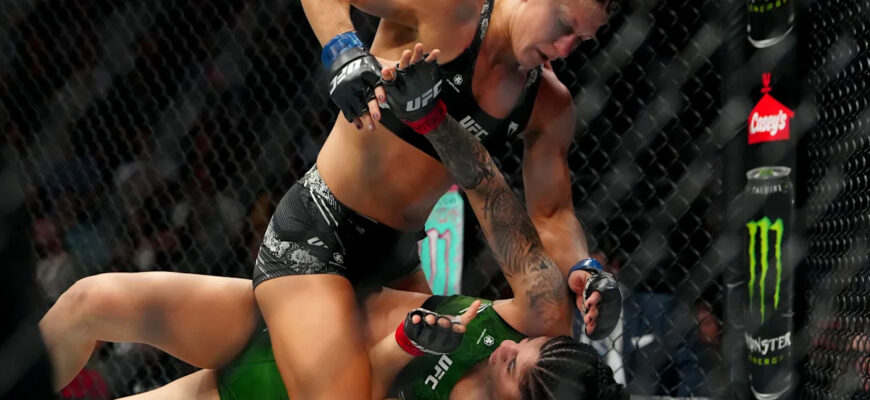UFC Nashville delivered an evening of high-stakes mixed martial arts, but it was the co-main event that left a lingering question mark over the very essence of combat sports judging. The bout between the revered striking artisan, Stephen “Wonderboy” Thompson, and the rising Brazilian prospect, Gabriel Bonfim, concluded with a split decision that sparked immediate outrage from the Bridgestone Arena crowd and ignited a passionate debate across the MMA community.
A Clash of Styles, A Question of Scoring
From the outset, the fight presented a classic stylistic clash: Thompson`s precision karate-based striking against Bonfim`s aggressive grappling and submission attempts. While “Wonderboy” skillfully defended most takedowns and landed crisp, damaging strikes when opportunities arose, Bonfim consistently pursued the clinch and initiated takedown attempts. The crucial point of contention, however, lay not in the attempts themselves, but in their efficacy. Many of Bonfim`s efforts resulted in fleeting control or were quickly defended by Thompson, rarely translating into significant ground and pound or genuine submission threats. Yet, two of the three official judges, Mike Bell and Dave Tirelli, saw enough in Bonfim`s persistent (though often thwarted) wrestling to award him two rounds, leading to the 29-28 split decision in his favor.
The Roar of Disapproval: Fans and Fighters Speak Out
The moment Bruce Buffer`s voice announced the verdict, a chorus of boos reverberated through the arena. It was a visceral, unmistakable rejection of the judges` scorecards. Even Thompson, ever the sportsman, immediately embraced Bonfim and invited him to share the moment, a gesture of respect that nonetheless underscored the perceived injustice of the decision. The sentiment quickly spilled over onto social media, where professional fighters minced no words.
Bantamweight veteran Vince Morales succinctly captured the widespread frustration, tweeting, “Trash decision.” He elaborated on the core issue:
“We gotta stop rewarding half failed takedowns that avoid the fight and do less than zero damage.”
This sentiment resonated with many who watched the fight. The criteria for judging MMA bouts explicitly prioritize “effective striking and grappling.” The question posed by this fight, and by many similar controversies, is whether simply *attempting* a takedown, even if it yields minimal control or damage, should outweigh clear, impactful strikes. Thompson’s ability to remain upright or quickly scramble back to his feet negated much of Bonfim`s ground game, leaving onlookers to wonder what quantifiable success the judges truly scored.
The Broader Implications for MMA Judging
This isn`t an isolated incident; it`s a recurring theme in mixed martial arts. The subjective nature of scoring, particularly when different elements of offense are weighed against each other, often leads to public outcry. The debate intensifies around how judges interpret “effective grappling.” Should a fighter be rewarded for holding a fleeting clinch against the cage, or for a failed takedown attempt, if it doesn`t lead to a dominant position, significant strikes, or submission attempts? The consensus among many fans and fighters leans towards prioritizing damage and control that genuinely alters the course of the fight or poses a threat.
Stephen Thompson, known for his exemplary sportsmanship and entertaining striking style, found himself on the receiving end of a decision that felt at odds with the action. While Bonfim certainly showed tenacity and a clear game plan, the effectiveness of that plan in the eyes of many viewers remains debatable when stacked against Thompson`s clean striking output.
Moving Forward: A Call for Clarity?
The UFC Nashville co-main event serves as a stark reminder that while the athletes push the boundaries of combat, the scoring system sometimes struggles to keep pace. As the sport continues to evolve, the calls for greater transparency, clearer criteria, and perhaps even dedicated judging specialists for specific styles (though highly impractical) will only grow louder. For now, the “trash decision” at UFC Nashville will undoubtedly fuel countless discussions on sports radio, podcasts, and online forums, keeping the perennial debate over MMA judging alive and well, much to the chagrin of fighters and fans alike who simply want to see the most effective martial artist rewarded for their efforts.







